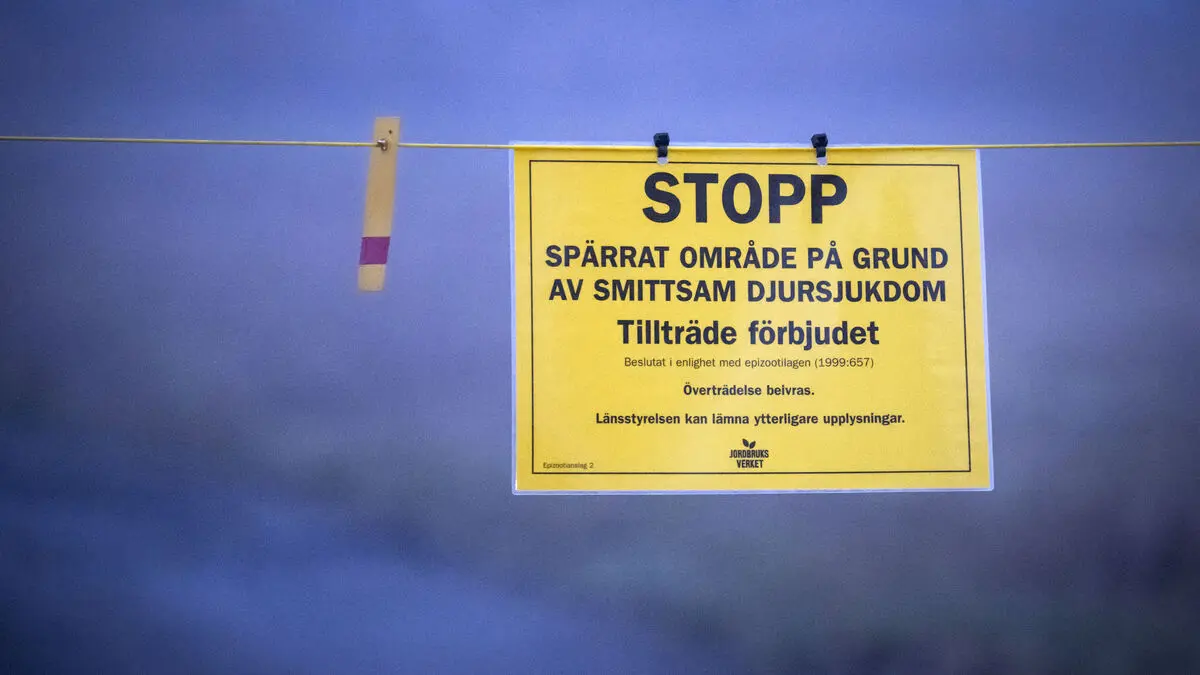”What we see now is a rapid and serious deterioration of the situation”, says state epizootologist Karl Ståhl in a press release from the National Veterinary Institute (SVA).
In Tomelilla, 28,000 turkeys have been killed after an outbreak and last week, bird flu was found in several wild birds on the West Coast. Alarming signals are also coming from Denmark and Germany.
”The picture we see now deviates from the last few years and we are worried that we are facing a season when we risk many outbreaks and we want to urge everyone to do what they can to protect their birds”, comments Karl Ståhl.
Large parts of southern Sweden have been classified by the Swedish Board of Agriculture as high-risk area. There are special rules to reduce the risk of domestic birds being infected by wild birds.
In facilities that produce eggs, meat or other products for sale, poultry must be kept indoors, with the exception of ducks, geese and ostriches that may be kept outdoors in enclosures.
Owners of hobby chickens that do not sell eggs or meat may release the birds into enclosures, but not let them roam freely outdoors. It is also important to ensure that wild birds cannot enter the chicken coops.
At the same time, the SVA is hoping for help from the public in reporting observations of dead and sick wild birds.






